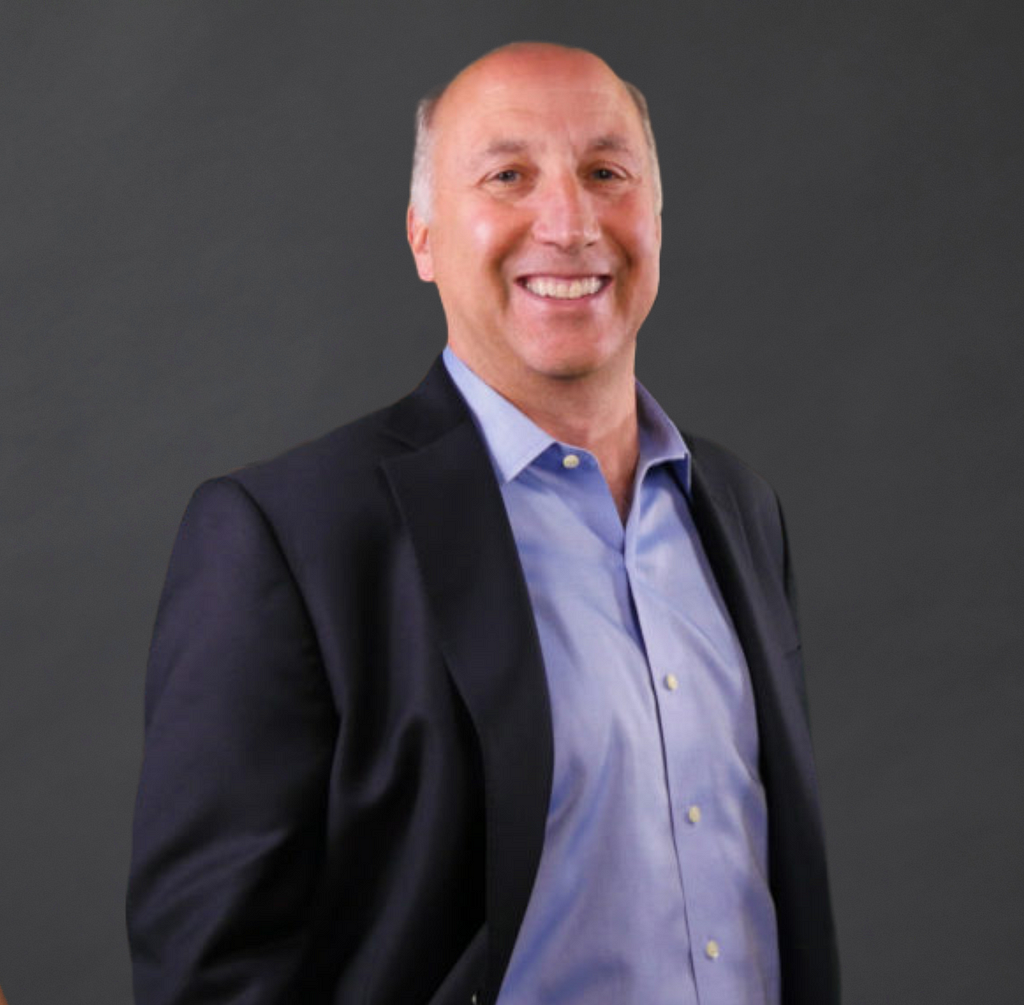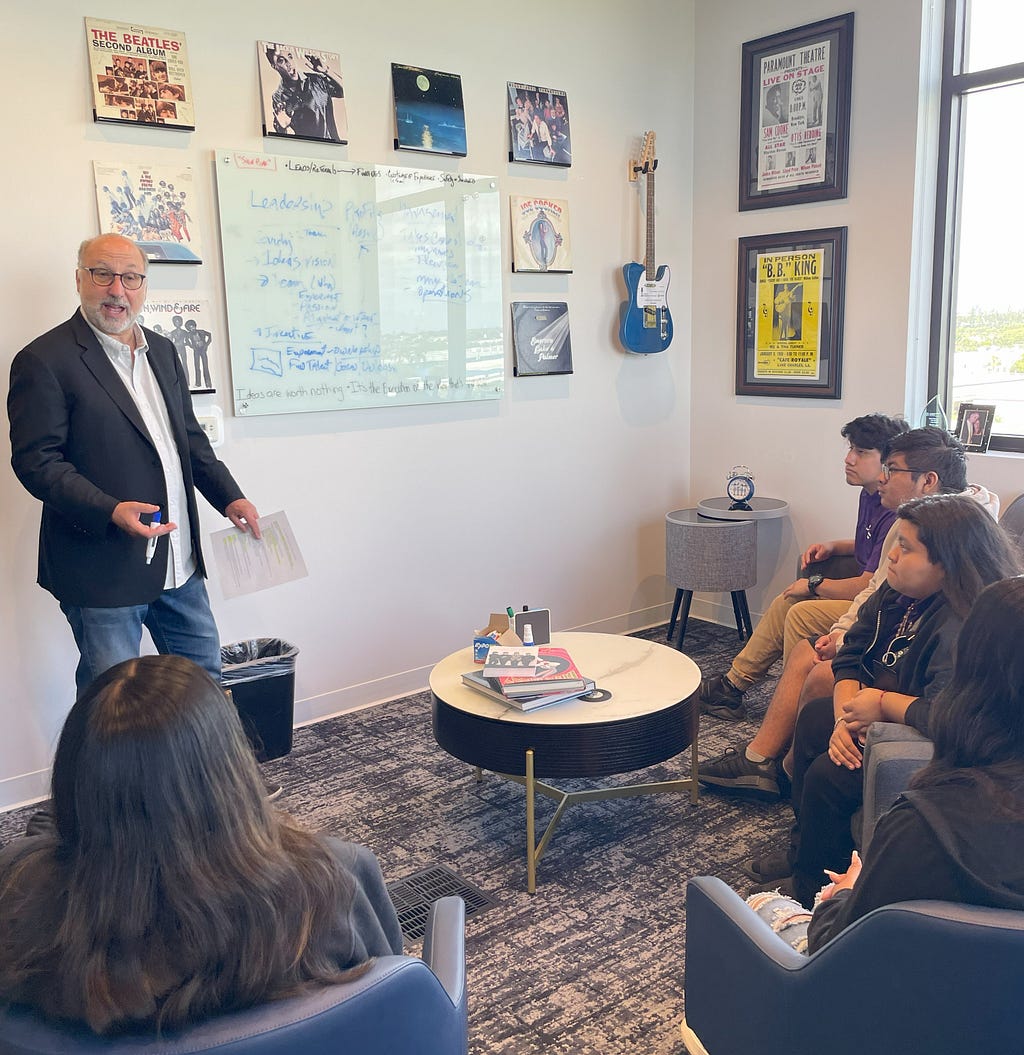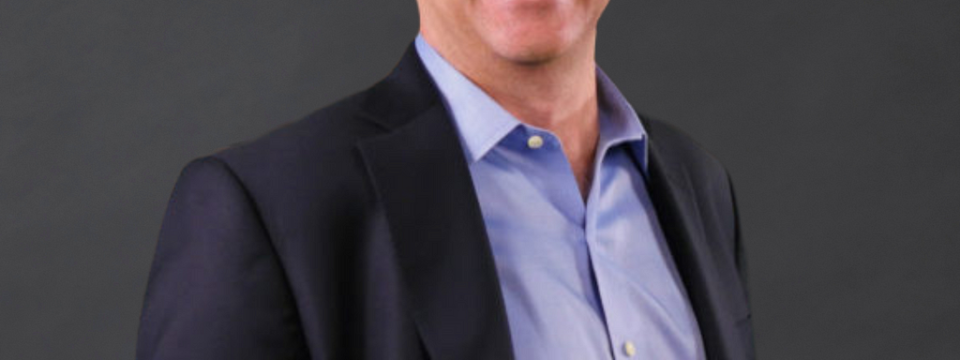Michael Bizenov Of Sound Royalties: 5 Things You Need to Create A Highly Successful Career in The Music Industry

…Whether you’re a creative or on the business side, you need to understand your finances, your net income, your expenses, and your net worth. Getting that type of financial literacy is critical…
I had the pleasure of interviewing Michael Bizenov, President of Sound Royalties. Michael Bizenov is a highly skilled executive with extensive experience in finance, strategic planning, and business development. Bringing a principled entrepreneurial management style to the company, Michael leads our innovative business, helping to shape its vision and lead its continued growth.
Over the course of his distinguished career, Michael has successfully built and grown several companies, and has a proven track record of taking many promising businesses to the next level. Utilizing a diverse background in financial services, business strategy, management development and more, he is renowned not just for his keen acumen in planning and strategy, but also for his relentless commitment to effectively creating and executing business plans that foster growth and success.
Previously, Michael was a consultant for UBS and Litchfield Road Consulting, where he provided senior advisory support on business and strategy development, program implementation, financing, and overall business transformation. Prior to that, he spent 20 years in various executive roles at Sterling National Bank, helping grow the bank’s assets from under $1 billion to $15 billion and culminating his tenure there as the institution’s President of Consumer Banking.
Michael’s passion for music began at a young age when he learned to play the drums, and carries on today as an avid supporter and fan of a wide variety of music and the people who create it. Michael is also active in many community and charitable activities, including creating and leading a teen leadership development and mentoring program at a community center in Queens, NY, work as a trustee in various not for profit organizations, and serving as a long-time youth basketball coach and a board member of his local Catholic Youth Organization.
Thank you so much for joining us. Can you tell us the story of how you grew up?
I grew up in Queens, New York City in a middle-class family. It was the typical New York borough story. After school, I played stickball with my friends, or we played football between the sewer covers. It was great. My father had a five and dime store. My first job was cleaning up the display cases when I was five years old. My next job was a newspaper delivery boy when I was 12. I learned a lot about customer service and running a business. I became an entrepreneur at an early age, actually buying two other newspaper routes with my best friend, and at one point we had the largest newspaper route in Queens.
Can you share a story with us about what brought you to this specific career path?
I graduated with a master’s degree in social work. As a social worker, I did everything from working with gang kids in Queens to starting a community center on the south shore of Long Island. Pretty soon, I was managing a branch of a social services agency and two layers away from working with kids directly. That’s when I realized I was really a businessperson. A board member at the community center I founded offered me a job in his frozen food manufacturing and distribution business in the 1980s. I ended up building a national network of salespeople for that company. But, in 1987, the stock market crashed and our dream of going public ended. At that point, I realized I didn’t want to spend the rest of my career selling frozen fish store to store.
Next, I started a financial services business with my best friend from high school. It was the Wild West in those days. There was no licensing, no regulations, and no disclosures. Over the next 10 years, we became the fourth largest mortgage broker in New York. We got our banking license and pretty soon we had 50 employees and were doing over $250 million a year. But we had taken the business as far as we could on our own. We needed access to more capital, resources and cheaper cost of funds. So, we sold the business to Sterling National Bank. I ended up staying with Sterling for another 20 years, helping it to grow from $600 million in assets when I joined to $15 billion when I left. I had a number of executive roles, from running sales and marketing to head of strategy, culminating in my final position as president of consumer banking. My underlying contribution was starting and operating a number of new startup businesses for the bank.
I eventually left the bank and started my own financial consulting business, including strategy work for executives at UBS. That’s when I was introduced to Sound Royalties and the music industry. I immediately loved the concept and the platform they were building. I knew I wanted to be part of the company and help scale the business. I joined as managing partner and president.
None of us are able to achieve success without some help along the way. Is there a particular person who you are grateful towards who helped get you to where you are? Can you share a story about that?
When I was kid, I played basketball and ended up working at a local community center in Queens. The guy who ran the center was a real mentor to me and made me believe in myself. At one point, he was tasked with starting a new community center in a different part of New York. He asked me to come work for him. He also helped me get a scholarship to study social work in college. He gave me the opportunity to try things I never imagined. I worked with the board of directors of the community center and interacted with local politicians in the area. As a mentor, he exposed me to experiences that not only helped with my social work experience, but everything I’ve done since.
You probably have a lot of fascinating experiences. Can you tell us the most interesting story that happened to you since you began your career?
I’m in awe of music creatives. I have no idea how they are able to create these amazing songs from thin air. A few years ago, we gathered a bunch of well-known country songwriters in our Nashville office. After spending some time together, I asked these guys point blank, “How do you write a song?” I really wanted to know. Do you write the music first? Do you write the lyrics first? Do you start with a few basic riffs? One of the songwriters put his arm around me, and speaking as he would to a 5th grader, said, “Michael, let me break this down for you. Out there in the ether are lots and lots of songs. We have the special antenna to make them land, and you don’t.” Honestly, that’s the best explanation I’ve ever heard.
It has been said that our mistakes can be our greatest teachers. Can you share a story about the funniest mistake you made when you were first starting? Can you tell us what lesson you learned from that?
It happened the first day of my paper route. I’d seen the older, cooler kids roll up their newspapers and fling them on the customer’s doorstep while riding their bikes. I wanted to do the same. I remember passing by the house of a girl I had a crush on. I was trying to impress her. I reared back and hurled the paper toward her front door. But instead, I sent it crashing through her front window. Not only was it highly embarrassing, but it cost me my entire earnings for that first week. That lesson taught me a lot about the need for preparation and not going off half-cocked. Do your homework and learn everything you need to know before you go out there and think you’re an expert.
What are some of the most interesting or exciting projects you are working on now?
I think Sound Royalties’ international expansion is fascinating. We are now in 18 markets. I really enjoy looking at the marketplace, understanding our niche, understanding what our opportunities are globally, and balancing that with the regulatory environment, the legal issues, and the competition in those markets.
You have been blessed with success in a career path that can be challenging. Do you have any words of advice for others who may want to embark on this career path, but seem daunted by the prospect of failure?
I think it’s about working hard and always doing your homework. Failures are nothing more than opportunities to learn and grow. Success is never going to be a straight line. It’s a roller coaster ride with highs and lows, and it moves at different speeds. There are times when the ride is exhilarating, but there are also times when it’s boring because you’re waiting for the chain to pull you to the top.
Which tips would you recommend to your colleagues in the music industry to help them to thrive and not “burn out”?
Learn to accept the inevitable ups and downs. But also surround yourself with trustworthy people who will be honest with you and provide authentic feedback. I’m big on song quotes. “Don’t you draw the queen of diamonds, boy. She’ll beat you if she’s able. Know the queen of hearts is always your best bet.”

What are your “5 Things You Need to Create A Highly Successful Career in The Music Industry” and why? Please share your 5 Things below and include a story or example for each.
1: Never stop learning. Surround yourself with mentors and people who can share their life experiences, because that helps to accelerate your own learning exponentially.
2: Learn the financial side of the business. Even if you are on the creative side of the business, there are a lot of associations and groups in the music industry that you can draw from. I think it’s important to do your homework and make sure you understand the mechanics of how the music business works.
3: Understand personal finance. Whether you’re a creative or on the business side, you need to understand your finances, your net income, your expenses, and your net worth. Getting that type of financial literacy is critical.
4: Do the work. You can’t just wing it, even if you’re writing a song. Sure, there are stories about Lennon and McCartney cranking out five songs in a day. But that’s not the norm. Whatever you do in the business, you have to hone your craft and really work at it.
5: Share the ride. Going back to my roller coaster analogy, is it more fun to go by yourself, or is it more fun to have someone next to you that you can share the ride with?
You are a person of enormous influence. If you could inspire a movement that would bring the most amount of good to the most amount of people, what would that be? (You never know what your idea can trigger.)
I ran a leadership training program for teens in my old community center in Queens for more than 30 years. Kids don’t want to be handed a trophy for just showing up. They want to believe in themselves in an authentic way. My movement would be about setting kids up to find the things that really make them tick and that really light them up. Every kid is good at something, and if you can help them find that spark, then that feeling of self-worth will come from within.
Can you please give us your favorite “Life Lesson Quote”? Can you share how that was relevant to you in your life?
“Play to win. Don’t play not to lose.” I used to coach a lot of youth basketball. I would always tell my players that they have to play to win, which also means you have to risk losing. But if you do things that right way, the results will be there more times than not.
We are very blessed that some very prominent names in Business, VC funding, Sports, and Entertainment read this column. Is there a person in the world, or in the US with whom you would love to have a private breakfast or lunch, and why? He or she might just see this if we tag them.
There are two people. The first is Quincy Jones because I’m totally blown away by him as an artist, as a music producer, and as a human being. Unfortunately, he just passed away. The second is Warren Buffet because I’d love to better understand his forward-looking vision and his homespun approach to financial markets.
Thank you for sharing these great insights.
Michael Bizenov Of Sound Royalties: 5 Things You Need to Create A Highly Successful Career in The… was originally published in Authority Magazine on Medium, where people are continuing the conversation by highlighting and responding to this story.
